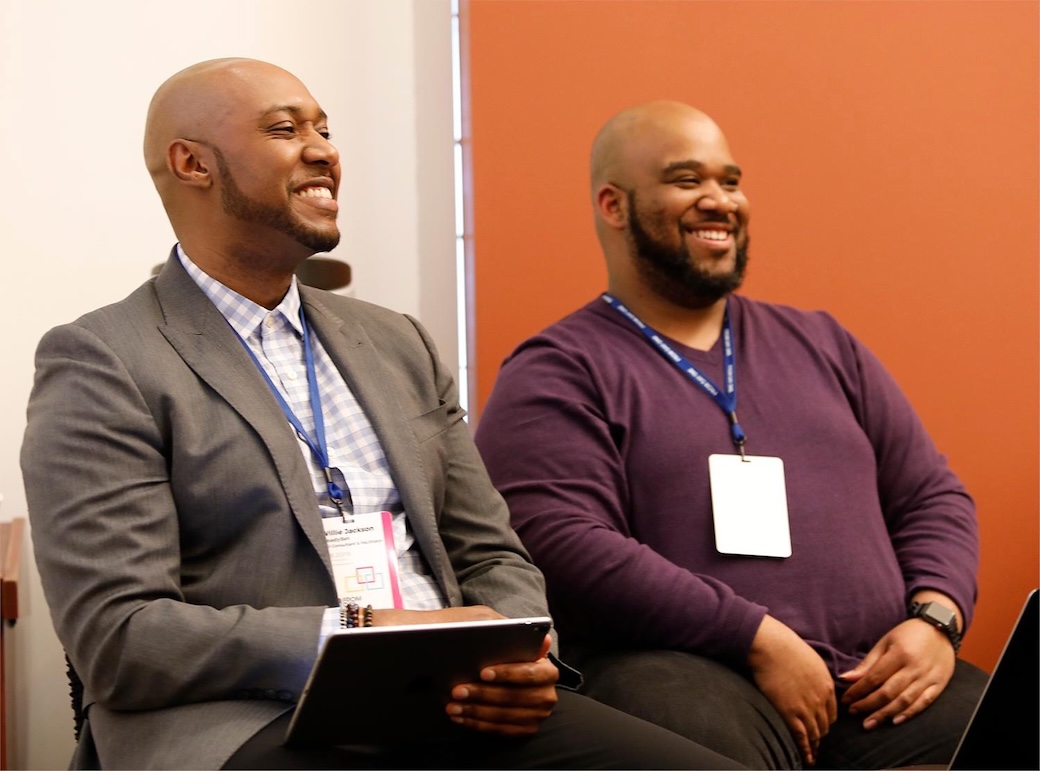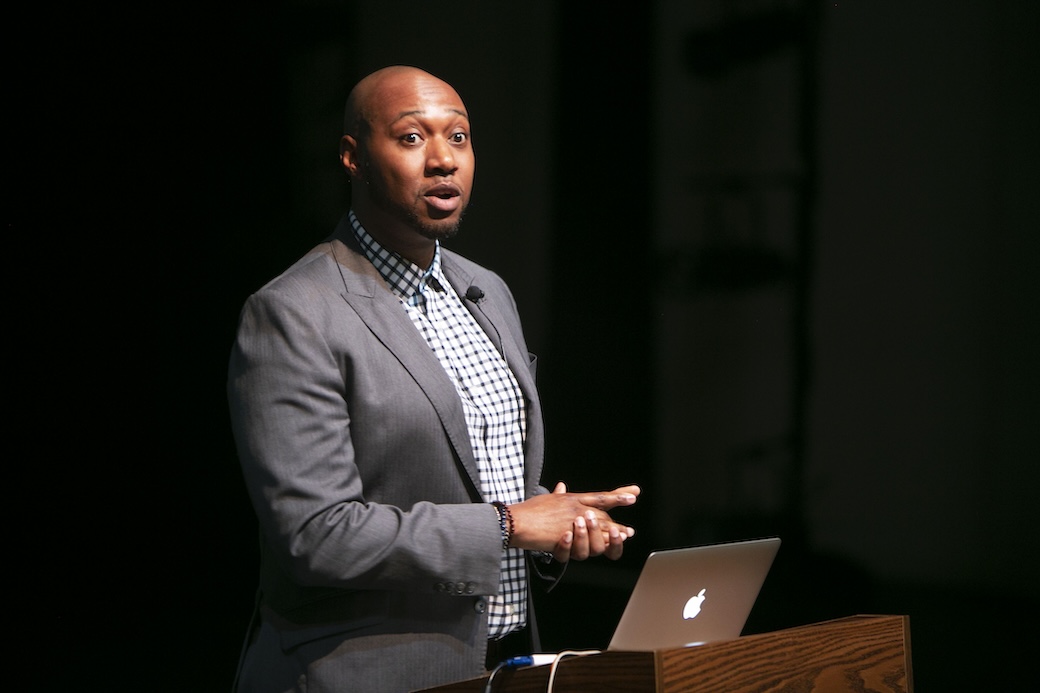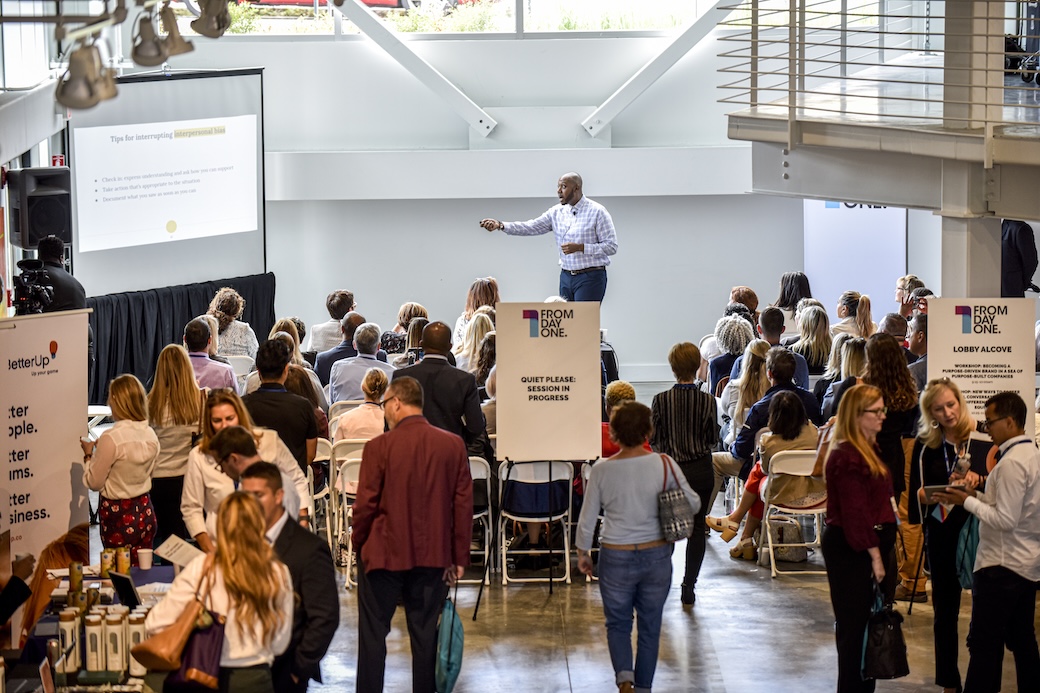During the summer of my sophomore year, I secured an internship at Convergys in Jacksonville, with the goal of receiving a full-time offer upon graduation. I was an IT major and looked forward to putting theory into practice at my first corporate job.
Upon arrival, I learned that my internship project was decidedly non-technical in nature. The people I was working with were lovely, but technologists they were not. To make matters worse, I was earning a full $5/hour less than my intern friends in other departments and companies. Not good.
I’ll spare you the details of my first project—an FMLA data consolidation and documentation project I affectionately called “alphabetizing paperclips”—but I was highly motivated and made the most of my two summers with the company.
To wit, I networked and took on extra work like a madman.
I helped organize the inaugural intern symposium at the company headquarters in Cincinnati, met with executives across the firm, and ultimately secured an extension on my internship that was in line with my professional ambitions.
There was just one problem. I hadn’t told managers what I was doing.
My immature calculus was as follows: I was solely responsible for my success. And I didn’t want to rock the boat. However noble my self-sufficient intentions were, the impact is that I came across as unfocused and secretive.
I still cringe when I met with my managers at the end of the summer to share the news of my internship extension. Awkward doesn’t begin to describe it. They knew, but they were annoyed and confused by how I went about it.
The team at headquarters was excited about this motivated intern down in Jacksonville who had dreams of a thriving career with the company, but the team I worked with every day had to find out about my ambitions through their colleagues.
I didn’t realize that my team could have been a force multiplier for my efforts. They already knew all the people I was meeting. My “win” felt hollow, and I strained relationships I valued.
If I could counsel my young, ambitious self, I’d say something like this:
Listen, Will. I know you feel like you need to hustle and make something happen here, but the real work isn’t the outcome of the internship. It’s how you move through it.
Your manager is here to support you, and if something isn’t working as you had hoped, schedule some time on her calendar and ask for advice. You don’t have to do it alone.
Work with the system—not around it—and watch doors open that you didn’t know were available to you.
Managers have a significant impact on your career and work experience. They can eliminate obstacles in your path, offer timely guidance on things you’re not seeing, and put in a good word for you with the right people.
I did things the hard way that summer. Don’t be like me.
Bring your people along.


